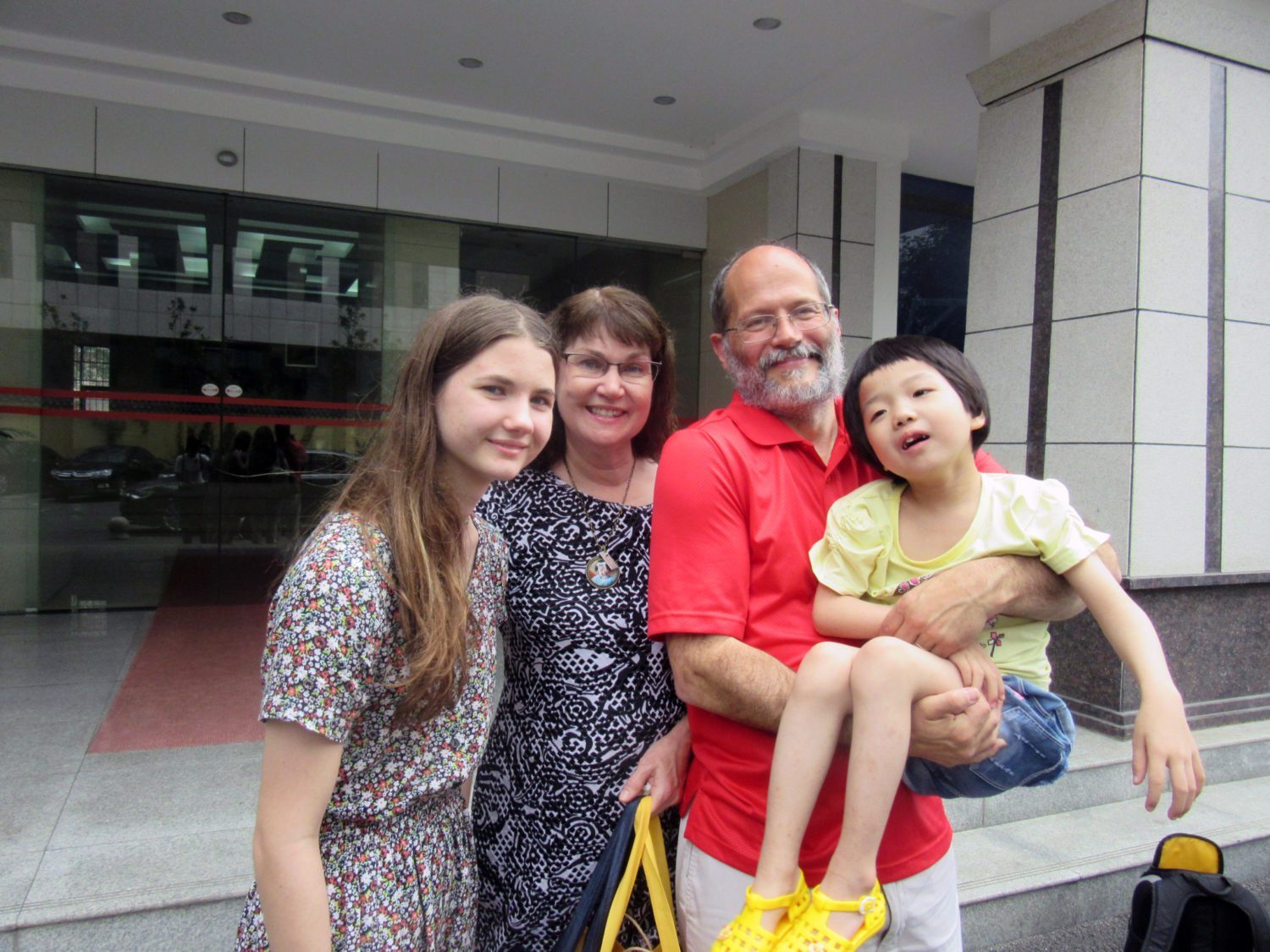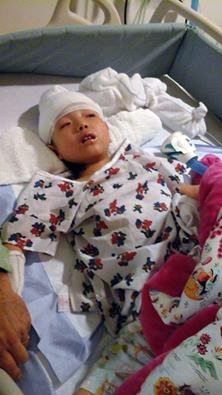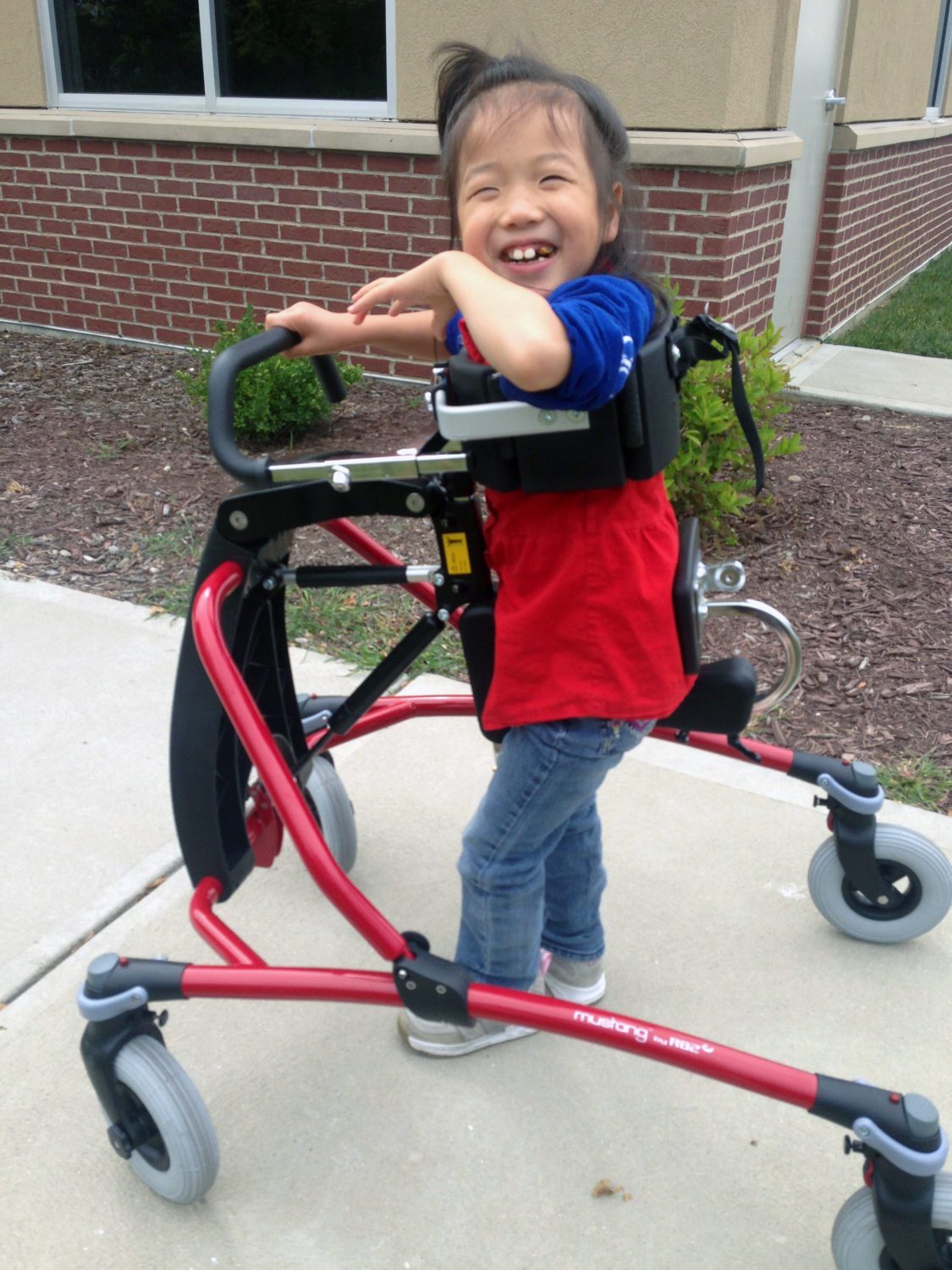
“A Surprise Diagnosis” – Randi
Sonnet was six and a half years old when we adopted her in the summer of 2016. She weighed only thirty pounds and was deemed profoundly malnourished by our doctor. We had watched from afar as her condition deteriorated over a period of two years from a child who could stand holding onto an object to one who could barely sit up.
She had a diagnosis of Cerebral Palsy, and we were surprised that she was also having multiple seizures each day. When we arrived home, we went the usual route of EEGs and got an Epilepsy diagnosis, but in spite of trying numerous medications, the seizures continued.

Sometimes when you have a medically needy child it means taking on the medical establishment to help them see that she isn’t “typical” and motivate them to look outside the usual medicines. The typical ones didn’t work for her and she didn’t tolerate them either. I could easily go down the road of the importance of fiercely advocating for your child, but for the sake of sticking to the subject, I’ll take that turn in another blog post. The happy news is we found Sonnet’s magic medicine and the seizures stopped.
A few weeks after Sonnet was dismissed from the hospital I received a telephone call from our neurologist. A genetic panel had been run during all that hospital testing, and it was the one test that came back with an abnormality. The surprise diagnosis? GAMT!
In hindsight, this diagnosis explained so much — why she didn’t come into orphanage care until  two years of age. Why she deteriorated more as time passed. Why she didn’t talk. Why the CP diagnosis wasn’t exactly “IT” according to our doctors and therapists…
two years of age. Why she deteriorated more as time passed. Why she didn’t talk. Why the CP diagnosis wasn’t exactly “IT” according to our doctors and therapists…
A year later Sonnet is thriving. Because of the length of time she lived with untreated GAMT, she has sustained some permanent brain damage. But she is rapidly gaining new skills now that her actual diagnosis is being treated properly. Her doctors and therapists are amazed at how quickly she has progressed. And we are thrilled with the happy girl who is full of life and out to conquer her little world!





